Broad Autism Phenotype
Recent articles
Studies hint at effects of aging on autistic brains
People with autism or autism traits may be especially vulnerable to brain aging and cognitive decline, two studies suggest.
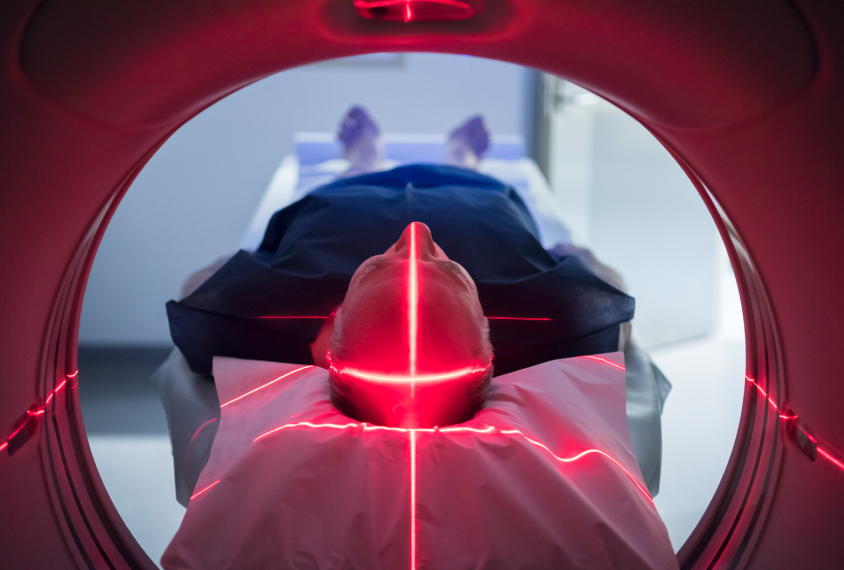
Studies hint at effects of aging on autistic brains
People with autism or autism traits may be especially vulnerable to brain aging and cognitive decline, two studies suggest.
People with autism may smell songs or hear colors
One in five autistic people may have synesthesia, a crossing of the senses. Studying synesthesia in autism may deepen our understanding of both conditions.

People with autism may smell songs or hear colors
One in five autistic people may have synesthesia, a crossing of the senses. Studying synesthesia in autism may deepen our understanding of both conditions.
The link between parental age and autism, explained
Older men and women are more likely than young ones to have a child with autism, but this connection is not straightforward.

The link between parental age and autism, explained
Older men and women are more likely than young ones to have a child with autism, but this connection is not straightforward.
Siblings of autistic children may have distinct facial features
Siblings of autistic children, like those with the condition, tend to have faces that are more masculine than average.
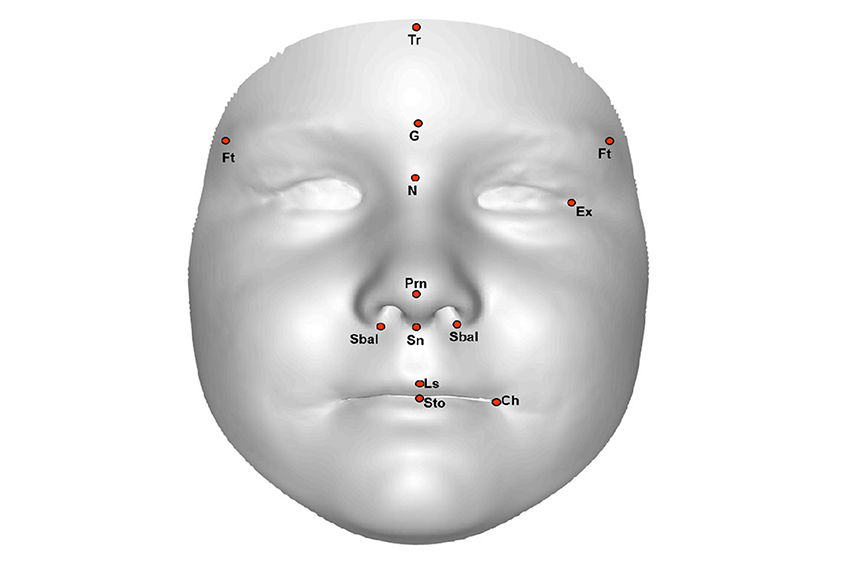
Siblings of autistic children may have distinct facial features
Siblings of autistic children, like those with the condition, tend to have faces that are more masculine than average.
Book review: ‘The Rosie Result’ crafts foolish caricatures of autism
In the final installment of Graeme Simsion’s bestselling Rosie trilogy, the protagonist's implied autism becomes explicit — and leaves our reviewer cold.
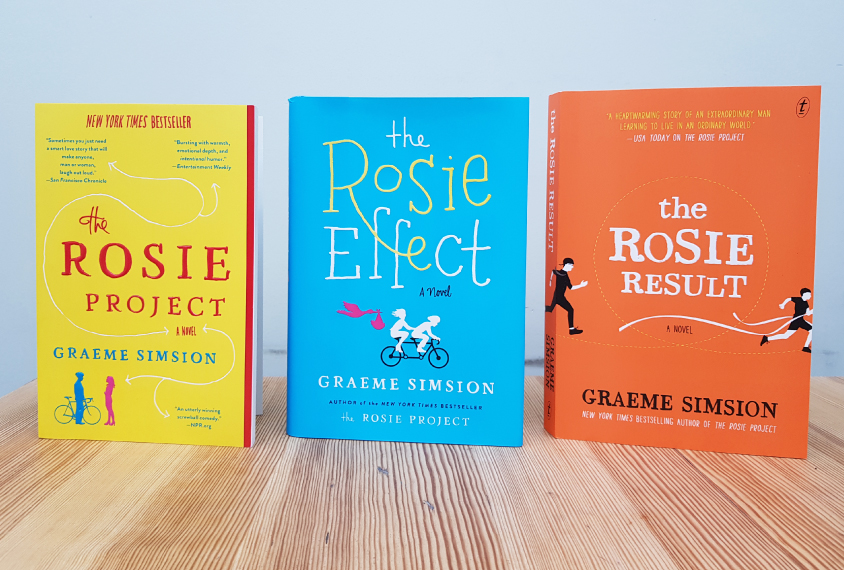
Book review: ‘The Rosie Result’ crafts foolish caricatures of autism
In the final installment of Graeme Simsion’s bestselling Rosie trilogy, the protagonist's implied autism becomes explicit — and leaves our reviewer cold.
What the ‘broad spectrum’ can teach us about autism
The relatives of autistic people often have mild traits of the condition. Studying these family members could broaden our understanding of autism.
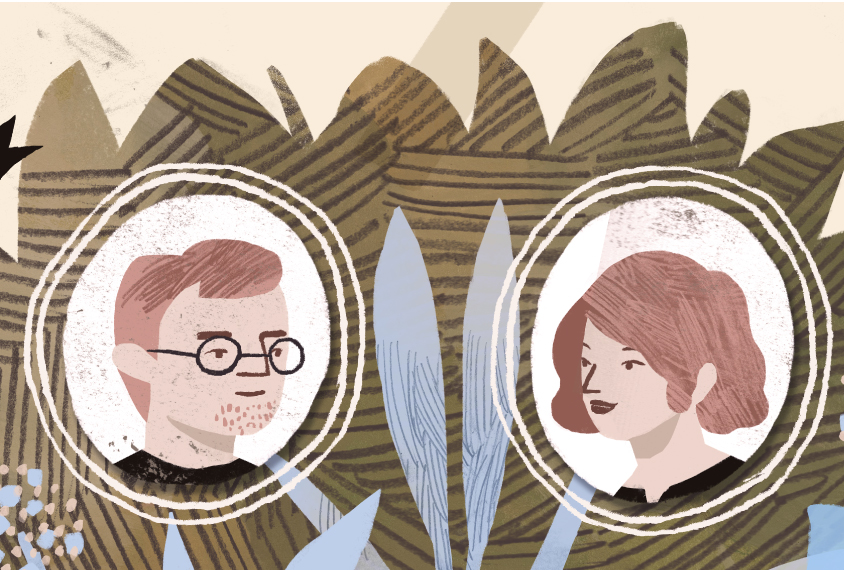
What the ‘broad spectrum’ can teach us about autism
The relatives of autistic people often have mild traits of the condition. Studying these family members could broaden our understanding of autism.
Siblings of children with autism have social, emotional problems
Even undiagnosed siblings of children with autism tend to struggle with anxiety, depression and social difficulties.

Siblings of children with autism have social, emotional problems
Even undiagnosed siblings of children with autism tend to struggle with anxiety, depression and social difficulties.
Heart rate may foretell autism features in infants
Babies with a family history of autism have heart rates that are unusually low and that respond aberrantly to speech sounds.
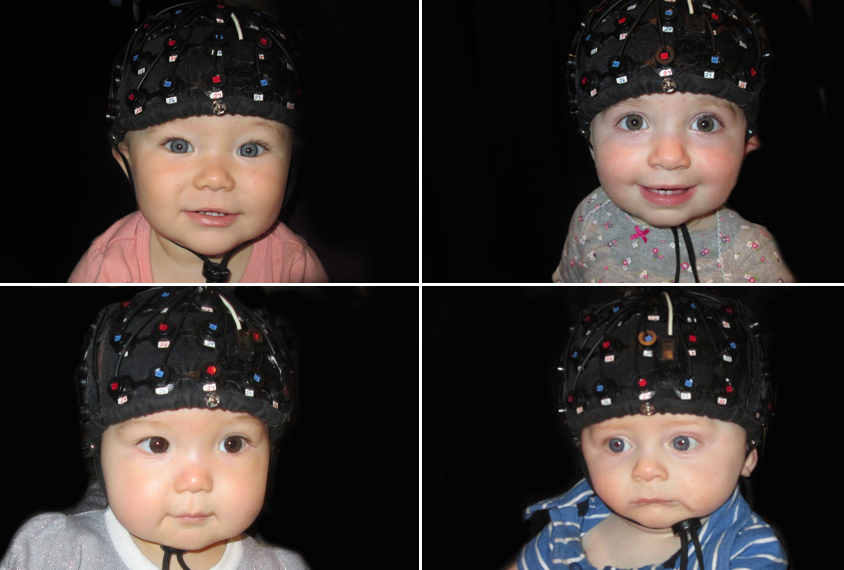
Heart rate may foretell autism features in infants
Babies with a family history of autism have heart rates that are unusually low and that respond aberrantly to speech sounds.
Fathering geeks; GWAS weaknesses; Prozac protection and more
Paternal age drives ‘geek index’ scores, GWAS may have a big weakness, serotonin boosts mouse social behaviors, and what is science Tinder?
Fathering geeks; GWAS weaknesses; Prozac protection and more
Paternal age drives ‘geek index’ scores, GWAS may have a big weakness, serotonin boosts mouse social behaviors, and what is science Tinder?
Parents’ traits predict autism features in children
Children whose parents have a condition such as autism tend to have severe restricted interests and repetitive behaviors, even if they don’t have a diagnosis themselves.

Parents’ traits predict autism features in children
Children whose parents have a condition such as autism tend to have severe restricted interests and repetitive behaviors, even if they don’t have a diagnosis themselves.
Explore more from The Transmitter
Neuro’s ark: Understanding fast foraging with star-nosed moles
“MacArthur genius” Kenneth Catania outlined the physiology behind the moles’ stellar foraging skills two decades ago. Next, he wants to better characterize their food-seeking behavior.
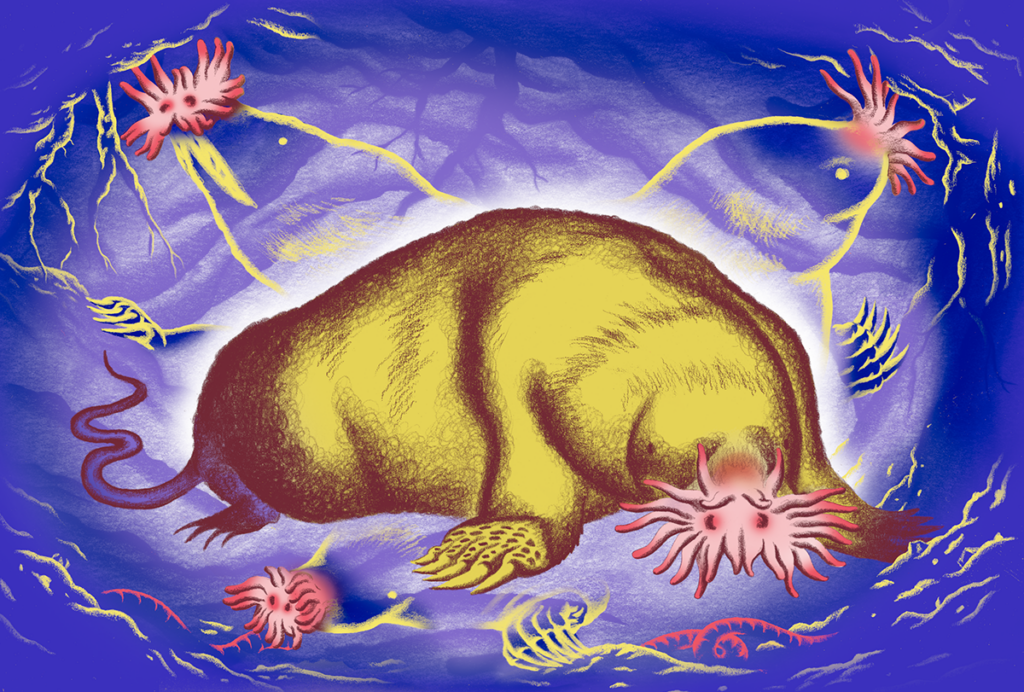
Neuro’s ark: Understanding fast foraging with star-nosed moles
“MacArthur genius” Kenneth Catania outlined the physiology behind the moles’ stellar foraging skills two decades ago. Next, he wants to better characterize their food-seeking behavior.
Largest leucovorin-autism trial retracted
A reanalysis of the data revealed errors and failed to replicate the results.

Largest leucovorin-autism trial retracted
A reanalysis of the data revealed errors and failed to replicate the results.
NIH scraps policy that classified basic research in people as clinical trials
The policy aimed to increase the transparency of research in humans but created “a bureaucratic nightmare” for basic neuroscientists.

NIH scraps policy that classified basic research in people as clinical trials
The policy aimed to increase the transparency of research in humans but created “a bureaucratic nightmare” for basic neuroscientists.